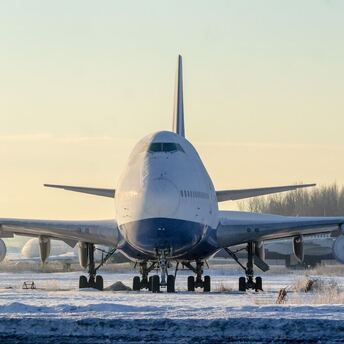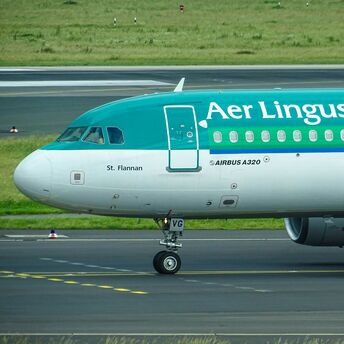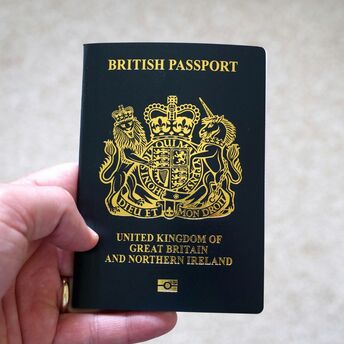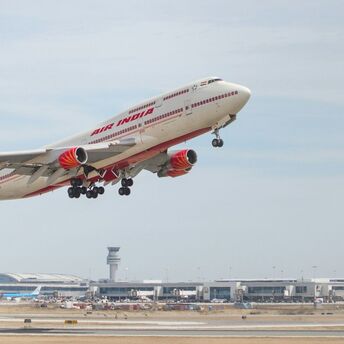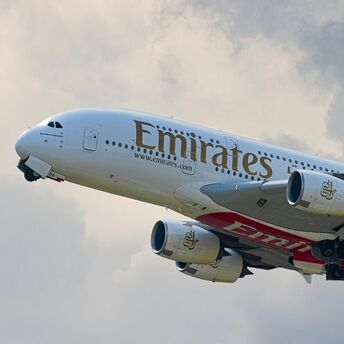Jeju Air Tragedy Raises Concerns for Travelers
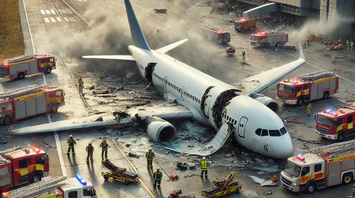
A devastating incident at Muan Global Airport in South Korea claimed the lives of one hundred seventy-nine individuals aboard a flight departing from Bangkok early on a Sunday morning. The aircraft, a model seven hundred thirty-seven eight hundred, attempted an emergency touchdown at three minutes past nine in the morning after its landing system reportedly failed. Two people, a tourist and a flight staff member, were extracted from the rear portion and are currently receiving care at a nearby hospital.
As the plane approached the runway, witnesses described hearing loud detonations prior to its collision with the airport's outer structure. The crash caused the aircraft to break into two major sections and erupt in flames. Initial assessments suggest a possible bird collision during the descent. If confirmed, it would signify South Korea's gravest aviation catastrophe involving a local airline.
The disaster has significantly disrupted activities at Muan Regional Airport, a vital gateway for international travel. Heightened safety inspections could lead to delays or flight cancellations for routes connecting South Korea to various Asian locations. Travelers booked on budget-friendly airlines might encounter stricter procedures during boarding, and schedules might be altered to comply with reinforced safety regulations systemwide.
For travelers, the disaster underscores the critical need for thorough readiness before flying. Examining travel insurance coverage is vital, as it can provide support during unexpected situations like this one. Staying informed about flight details and understanding how operational adjustments could affect future plans is imperative for passengers. Proper preparation minimizes disruptions and reduces risks associated with abrupt changes to travel arrangements.
This event serves as a poignant reminder that security remains a fundamental pillar of air travel. Passengers are advised to focus on safety when selecting airlines and to ensure they are sufficiently knowledgeable about safety guidelines. This caution is particularly significant when opting for low-cost carriers, as travelers aim to strike a balance between economical fares and trustworthy service.









